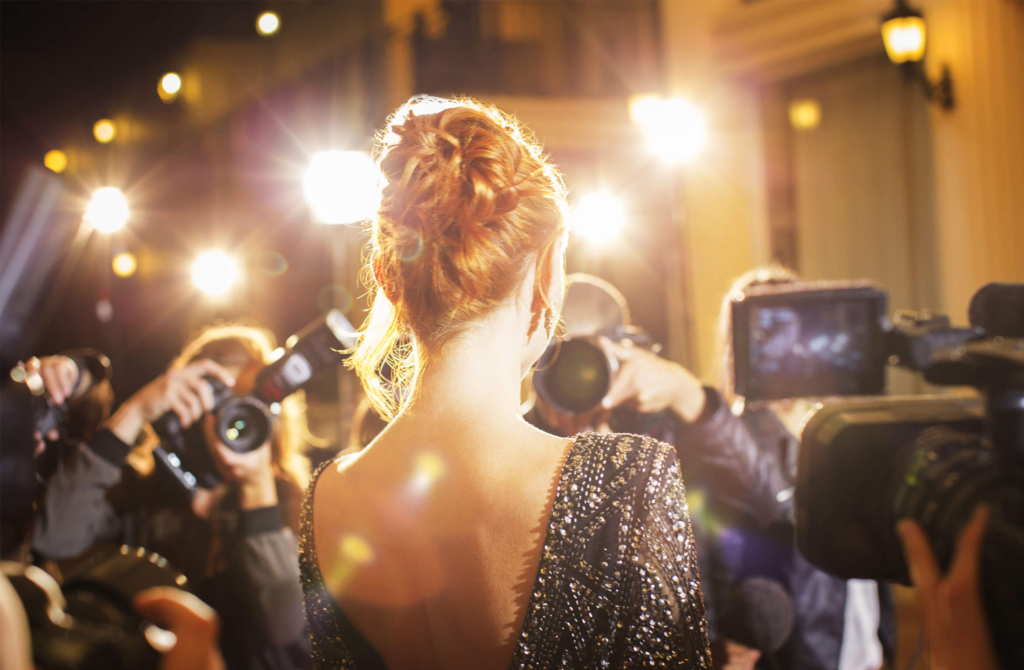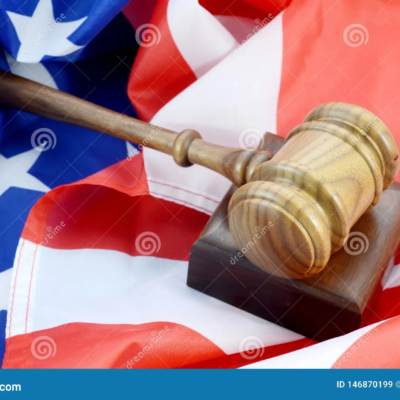Celebrity influence on journalism is growing stronger in today’s media landscape. Celebrities are not only featured in the news—they now shape it. Whether through interviews, social media posts, or personal opinions, their voices reach millions instantly. In many ways, celebrities are becoming both the subject and the source of news.
This growing influence raises important questions. Are celebrities helping raise awareness on key issues, or are they turning journalism into entertainment? Is public opinion shaped by facts or fame? This article explores how celebrity opinions impact journalism, news framing, and public discourse.
From Subjects to Storytellers
In the past, journalists reported on celebrities, usually covering entertainment, lifestyle, or scandals. Today, the relationship has shifted. Celebrities now use their platforms to comment on politics, health, climate change, and social justice. This shift has turned them into storytellers and opinion leaders.
Some celebrities even run their own media platforms. Podcasts, YouTube channels, newsletters, and exclusive interviews allow them to bypass traditional media and talk directly to the public. This can be powerful, but it also challenges the role of professional journalism.
Examples of Celebrity Influence
- Oprah Winfrey has supported political candidates, launched books into bestseller status, and sparked nationwide conversations.
- Leonardo DiCaprio is known for his environmental activism. His speeches and documentaries on climate change often make headlines.
- Meghan Markle and Prince Harry have opened public discussions about mental health, race, and media ethics through interviews and documentaries.
- Taylor Swift encouraged young people to vote and register in large numbers during U.S. elections, which had measurable effects.
In each of these cases, celebrity opinions didn’t just attract attention—they influenced how media outlets covered the stories and how audiences responded to them.
How Celebrity Influence Shapes Journalism
Changing News Priorities
Media companies are businesses. Stories that attract clicks, views, and shares often get more attention. When a celebrity speaks out, the story gets more engagement. As a result, journalism sometimes shifts to follow the voices that get the most reaction, not necessarily the most credible or important sources.
This has several effects:
- More opinion-driven content
- Less investigative journalism
- Shorter news cycles based on trending celebrity stories
While celebrity news can raise awareness, it also risks distracting from deeper issues if not handled carefully.
Opinion Over Objectivity
One major concern is the rise of opinion-based reporting. When a celebrity shares a strong view, it often gets presented as news, even if it lacks facts or context. For example, a tweet from a famous person might become a headline, even if it’s based on personal beliefs or limited knowledge.
This can blur the line between information and opinion. It also influences how the audience forms its own views—often based more on trust in the celebrity than on evidence.
Bypassing Journalistic Gatekeeping
In traditional journalism, editors and fact-checkers help ensure stories are accurate, balanced, and ethical. But celebrities now share their views directly through social media. This means:
- No fact-checking before publication
- No editorial review
- Instant and emotional content
While this allows for freedom of expression, it also increases the risk of spreading misinformation or one-sided views, especially when the audience sees the celebrity as a trusted source.

The Public’s Role in the Celebrity-News Cycle
It’s not just celebrities or media companies driving this shift—audiences play a major role too. People often follow and support public figures they admire. When a celebrity speaks on an issue, their fans listen, share, and engage.
This engagement affects public discourse in several ways:
- Shaping Trends: What celebrities talk about becomes trending topics, which affects what media outlets prioritize.
- Reinforcing Beliefs: Followers are more likely to agree with their favorite celebrity’s opinions, even without examining the full picture.
- Creating Echo Chambers: Social media algorithms often show users more of what they like. If a celebrity expresses a certain view, their fans may only see supportive content, not differing opinions.
In this environment, public discourse can become polarized, with less space for balanced or fact-based debate.
Positive Impacts of Celebrity Influence
Despite concerns, celebrity influence on journalism can have many benefits:
Raising Awareness
Celebrities often bring attention to issues that would otherwise be ignored. For example:
- Lady Gaga’s work on mental health has opened new conversations.
- Angelina Jolie’s humanitarian work has highlighted global refugee crises.
- Colin Kaepernick’s kneeling protest sparked a national conversation on racial injustice and police brutality.
These examples show that when celebrities use their platform responsibly, they can drive meaningful conversations and even policy change.
Mobilizing Action
Celebrity voices can lead to real-world action. Whether it’s donations, protests, voter turnout, or petition signatures, public figures have the power to move people to act. This can amplify the reach and impact of causes that may lack resources or visibility.
Challenging the Status Quo
Celebrities often challenge dominant narratives. When they speak against injustice or inequality, they can provide a platform for marginalized voices. Their status gives them protection and visibility that others may not have.
Challenges and Ethical Concerns
Responsibility Without Training
Most celebrities are not trained journalists. They may not understand the full context of an issue or the potential consequences of their statements. Yet, their opinions are broadcast to millions.
This raises a key question: Should celebrities be expected to take on a journalistic responsibility when their opinions shape public thinking?
Overshadowing Real Experts
Sometimes celebrity opinions get more attention than expert views. This is especially troubling in areas like science, health, or policy. For example, during the COVID-19 pandemic, some celebrities shared false or misleading information that reached wide audiences, sometimes even more than health officials.
Media Bias and Celebrity Favoritism
Journalists may sometimes avoid criticizing popular celebrities out of fear of backlash or loss of access. This creates bias in coverage and undermines journalism’s role as a watchdog.
Finding Balance: Journalism in the Age of Celebrity
To maintain journalistic integrity while recognizing the role of celebrity influence, media outlets and audiences must strike a balance.
For Journalists:
- Provide context when reporting on celebrity opinions.
- Separate facts from personal views.
- Give space to experts, not just celebrities.
- Fact-check claims, even from trusted public figures.
For Celebrities:
- Be mindful of the impact of your platform.
- Collaborate with experts when speaking on complex issues.
- Share opinions responsibly and transparently.
For the Public:
- Think critically about what you read or hear.
- Check sources before sharing content.
- Follow a mix of voices—not just celebrities or influencers.
Conclusion
Celebrity influence on journalism is here to stay. In many ways, it has reshaped how stories are told, who tells them, and how audiences respond. This influence can bring positive change—raising awareness, inspiring action, and challenging injustice. But it also comes with risks, including misinformation, bias, and weakened journalistic standards.
As journalism evolves in the age of social media and celebrity culture, it’s important to stay informed, think critically, and demand high standards from both public figures and media outlets. At its best, the partnership between celebrity voices and responsible journalism can help build a more informed and engaged society.
Do Follow USA Glory On Instagram
Read Next – Tesla Cybertruck Cyberbeast Price Increase: What You Need to Know






